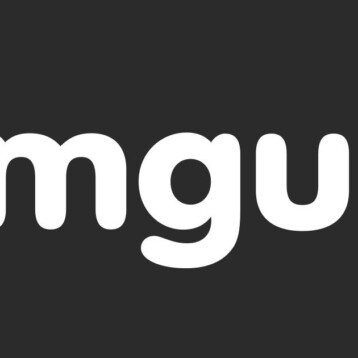
Photo by Towfiqu barbhuiya on Unsplash
In the murky waters of search engine optimization, understanding crawl budgets is your secret weapon. The difference between an impressive website indexed and high-ranking on page one search results and being left on page ten or worse can depend on it. But what exactly is a crawl budget, and why should it matter to me?
What Is a Crawl Budget, Anyway?
Search engines are like digital travelers navigating across the internet. Your website serves as their destination. Search engines allot resources and time to explore and index it. The crawl budget specifies the number of pages that search engines will index in any given period. Managing this effectively ensures that essential pages on your site will be covered, increasing overall discoverability.
Why Is Optimizing Crawl Budget Important?
A properly optimized crawl budget acts like having an effective concierge to ensure all of the key rooms on a grand tour of your hotel don’t go unexplored. Primarily, optimizing the crawl budget will improve site indexing, so search engines can more accurately understand and rank content on large websites with thousands of pages. Otherwise search engines could become overwhelmed with obsolete, irrelevant, or error-ridden pages that cause crawling slowness, thus decreasing visibility as well as traffic metrics.
How to Optimize Your Crawl Budget
Clean Up Crawling Obstacles
The first step toward optimizing your crawl budget is identifying and eliminating all crawling obstacles. Broken links, duplicate content, and infinite URL spaces act like potholes on the road of your website’s journey. The Google Search Console can be invaluable in helping to identify these issues so as to provide a smoother, more efficient crawl.
Prioritize Your Content
Search engines understand that not all content is equal, so by setting crawl priorities for specific sections of your website, you can steer them toward key pages with crucial content. A robust site architecture with clear hierarchies and internal linking structures also ensures that important pages remain accessible at all times.
Increasing the Crawl Budget for JavaScript Websites
JavaScript websites present search engines with unique challenges due to their complex rendering requirements, but there are ways of increasing their crawl budget significantly, including Prerender’s help in this endeavor. Partnering with Prerender increase the crawl budget of JavaScript websites significantly and ensures search engines can fully explore the content of such websites.
Enhance Site Speed
Optimizing the speed of your website is integral to optimizing its crawl budget. Faster-loading pages enable search engines to cover more ground within their allocated crawl timeframe. Compressing images, using browser caching, and limiting JavaScript all help boost website speeds.
Your Sitemap
Search engines use sitemaps as guides. By regularly revising and updating them, search engines can be directed towards fresh and relevant content more quickly and efficiently. In order to maintain maximum focus and clarity for their visitors, outdated or irrelevant pages should also be removed to keep the focus sharp and on target.
Conclusion
To remain at the top of the SEO game, effective management of your crawl budget can set you apart from competitors. Think of it like making each penny count when budgeting. Here, every crawl matters. By clearing away crawling obstacles, prioritizing content creation, speeding up site performance and updating sitemap, as well as regularly monitoring performance with an optimal crawl budget, you create an inviting atmosphere for search engines to crawl your site, thus leading to higher rankings and greater visibility for MVP pages (Most Valuable Pages). So start making each crawl count today.










